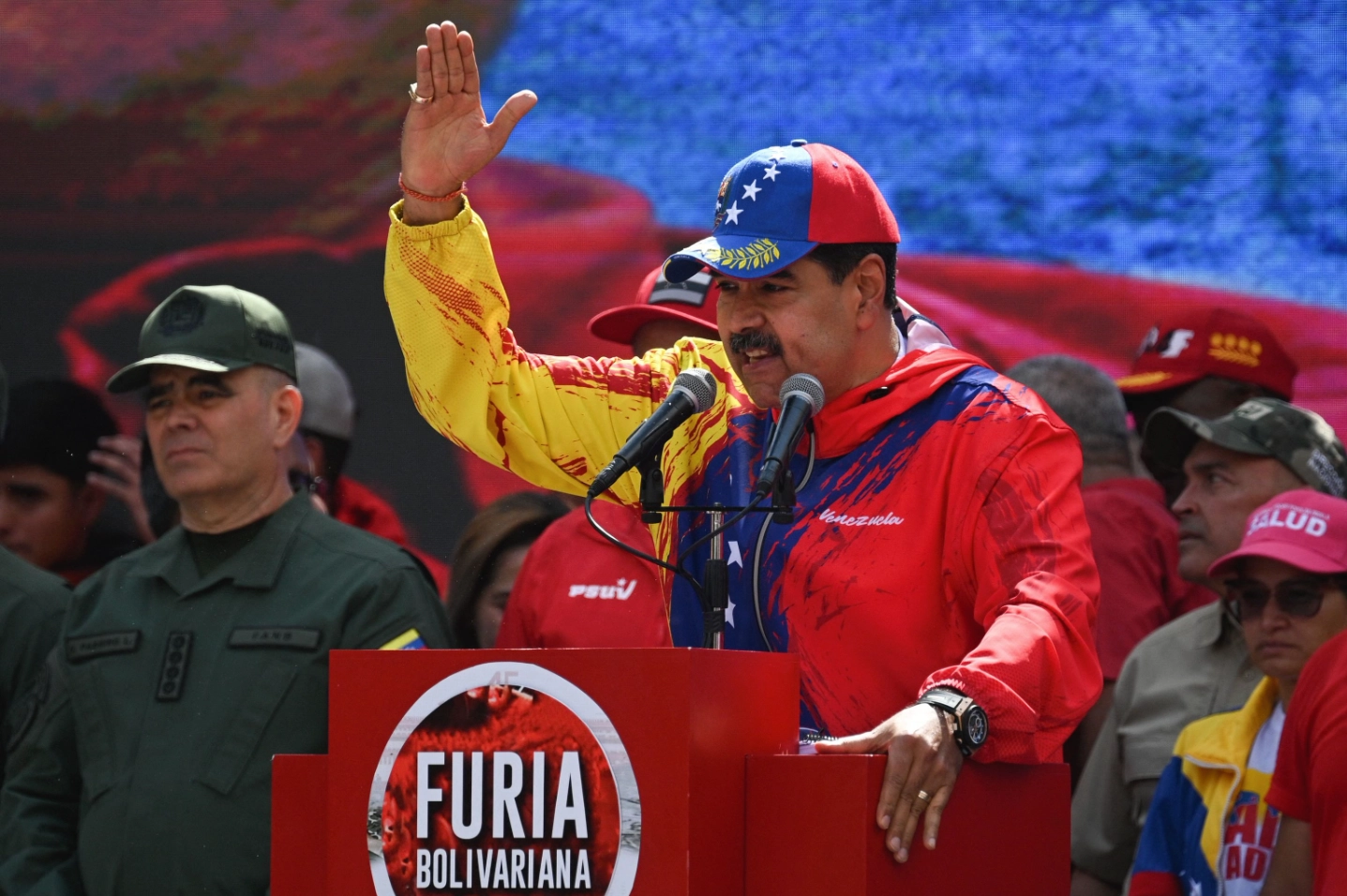After weeks of great expectation, on March 5, the Venezuelan National Electoral Council (CNE) announced that the presidential elections will be held on July 28, 2024. We cannot leave aside the symbolism of the dates. On March 5, 2012, the death of Hugo Chávez was announced after a short but lethal illness, and July 28 is his birthday. So it seems that Maduro’s regime, mortally wounded by its low popularity (between 15% and 20% according to the most favorable polls), resorts to the epic of the former President to try to climb the slope.
That said, there is much to analyze regarding this process. Under the current circumstances, with the opposition parties judicially intervened (including the Communist Party), the most popular opposition candidate (by far) illegally disqualified, the National Electoral Council under the subordination of the PSUV, without the necessary time for a campaign to register and update the electoral registry, nor to perform the audits to the automated system, and without guaranteed professional and non-partisan international electoral observation, the elections would be a sham for the ruling elite to retain power for one more six-year term.
This was the case in 2018, when genuine opposition was left out of the competition, and weak and like-minded candidacies were allowed to try to legitimize the results. Let us remember that this strategy was of little use to the government due to a large part of the international community did not recognize the process. It was what justified the sanctions imposed by the United States.
The opposition must evaluate a great variety of scenarios, and the members of the Unitary Platform will decide whether to register the candidacy of María Corina Machado or to reach a consensus for one or several backup candidacies that may represent her.
Either way, this is a stumbling block that the opposition leadership will have to solve and for which it has only 20 days to do so since March 25 is the deadline for the registration of candidacies.
Now, what can civil society and the international community do? Besides demanding competitive conditions, the elimination of illegal disqualifications, and other arbitrariness, the focus should be on the registration campaign and the updating of the electoral registry. Regardless of what the opposition resolves, the right to vote of the millions of Venezuelans, inside and outside the country, who are currently ineligible, must be guaranteed.
This is not a whim. Different international instruments, such as the Universal Declaration of Human Rights, the International Covenant on Civil and Political Rights, or the Inter-American Democratic Charter, guarantee the right of people to participate in the political affairs of their countries through suffrage: the right to elect and be elected.
Article 64 of the Constitution establishes that “all Venezuelan men and women who have reached eighteen years of age and who are not subject to civil interdiction or political disqualification are electors”.
Although the Organic Law of Electoral Processes (LOPRE) contravenes the constitutional text by establishing that “only voters who have a residence or any other regime denoting legal permanence outside Venezuela may vote abroad”, thus restricting the right to vote of all those persons who are irregularly outside the country, the truth is that not even those who have legal residence have been able to register or update their data in the electoral registry.
Currently, well over 10 million Venezuelans of voting age must register or update their data in the electoral registry: 4 million between 18 and 35 years of age are not registered in the electoral registry, and another 4 million of legal age living abroad are registered to vote in Venezuela and have not been able to update their place of residence and voting. Finally, 1.5 million residents in Venezuela need to update their address and polling place.
Perhaps for an electoral roll like that of Mexico, Brazil, or the United States, with hundreds of millions of voters, this number does not make any difference. However, according to the last Venezuelan electoral roll, there are 21 million voters. Hence, the 10 million Venezuelans deprived of their political right to vote would be more than decisive in this year’s elections.
In its March 5 announcement, the CNE informed that the campaign to register and update the electoral registry will be held between March 18 and April 16. Is one month enough to register and update the registry of more than 10 million people? Let us imagine cities such as Bogota, Lima, Quito, or Santiago de Chile, with millions or hundreds of thousands of Venezuelans.
It is clear that the will of the regime is to deprive those 10 million Venezuelans from voting, through the CNE as the executing arm.
Perhaps the international community and the organized civil society will not decide who will be the opposition candidate, still, they must demand that the political rights of Venezuelans, both to vote and to be voted for, be respected.
*Translated by Janaína Ruviaro da Silva from the original in Spanish.













